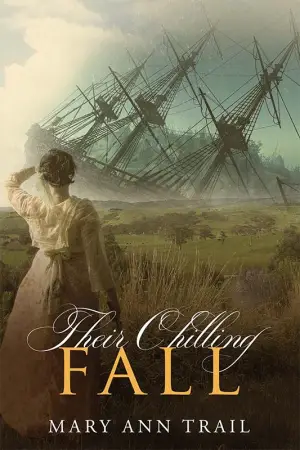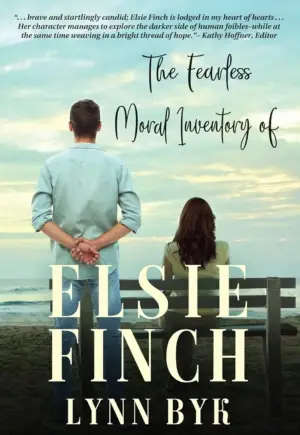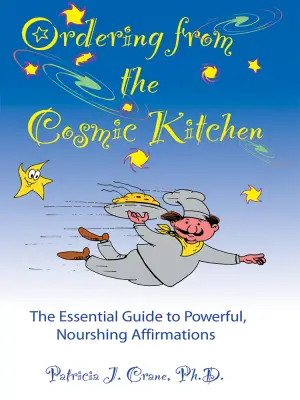Review of Eleanor & Park by Rainbow Rowell
There’s something undeniably poignant about returning to a beloved book after several years. With Eleanor & Park, I found myself swept back into the tender world of first love, social struggles, and the heartache of adolescence, all masterfully woven by Rainbow Rowell. Revisiting this story in 2020 through a translated version felt like discovering it anew; the characters nestled deeply within my heart, especially Eleanor, who has a piece of me with her wherever she goes.
Eleanor is not just the new girl in town; she is the vivid embodiment of a misfit. With her chaotic home life, mismatched clothes, and fiery red hair, she is unavoidably out of place. To Park, the boy at the back of the bus, she initially seems like an intrusion in his carefully crafted invisibility. But as they exchange glances, comic books, and late-night mixtapes, their relationship blossoms into something beautiful and achingly real.
The themes of belonging and support resonate deeply in Eleanor & Park. Upon this reread, the stark contrast between Eleanor’s tumultuous family life and the warmth offered by Park and his family hit me much harder than before. Park’s dad’s invitation to Eleanor—“if it’s easier to be over here, then you should just be here”—is a stark reminder of the solace that can exist even amidst chaos. Rowell’s ability to showcase the spectrum of familial dynamics feels especially profound and haunting.
I can’t help but be charmed by the gentle, awkward interactions between Eleanor and Park. Their first meeting on the bus—where Park begrudgingly invites Eleanor to sit beside him—sparked butterflies in my stomach all over again. “Jesus-fuck,” Park whispers, and that moment encapsulates the perfect mix of teenage awkwardness and budding romance.
Memorable quotes continue to tug at my heartstrings: “She never felt like she belonged anywhere, except for when she was lying on her bed, pretending to be somewhere else.” This line encapsulates Eleanor’s struggle and longing for escape, reflecting a universal feeling of not fitting in.
Rowell’s narrative style is refreshing. The pacing captures the essence of young love perfectly, as it unfolds delicately through shy exchanges and heartfelt conversations, like the moment Park asks Eleanor about her interest in The Smiths. Their dialogues have a raw honesty that feels as if we’re eavesdropping on their vulnerable selves.
The emotional weight of Eleanor’s home life, dominated by her abusive stepfather Richie, amplifies the gravity of her connection with Park. Reading about Eleanor’s struggles was like revisiting a painful memory, one that solidifies the reader’s desire for her to find happiness. I couldn’t help but send silent prayers to the universe during those moments of tension, wishing for her safety and hoping she would somehow escape her reality.
As the story unravels, I was left breathless. The climax, where Eleanor considers running away in the middle of the night, brought back that feeling of worry and desperation. Rowell ensures that readers are fully invested, keeping us on the edge until the final, heart-wrenching postcard is revealed.
In conclusion, if you’re searching for a story that beautifully captures the turbulence of teenage love amid chaos and self-discovery, Eleanor & Park deserves a spot on your shelf. Rowell’s novel is not just a love story; it’s a heartfelt exploration of resilience and the hope of finding one’s place in the world. This book has etched a lasting impact on me, reminding me of the fragility and beauty of love—even amidst the most challenging circumstances.
Who will enjoy this book? Anyone who remembers the aching beauty of young love, who has felt like an outsider, or who seeks a meaningful connection in a world that often feels unwelcoming will find solace in Eleanor and Park’s story. So grab a cup of tea, settle into your favorite reading nook, and allow their journey to touch your heart. I promise you, it’s worth every moment.
Discover more about Eleanor & Park on GoodReads >>






